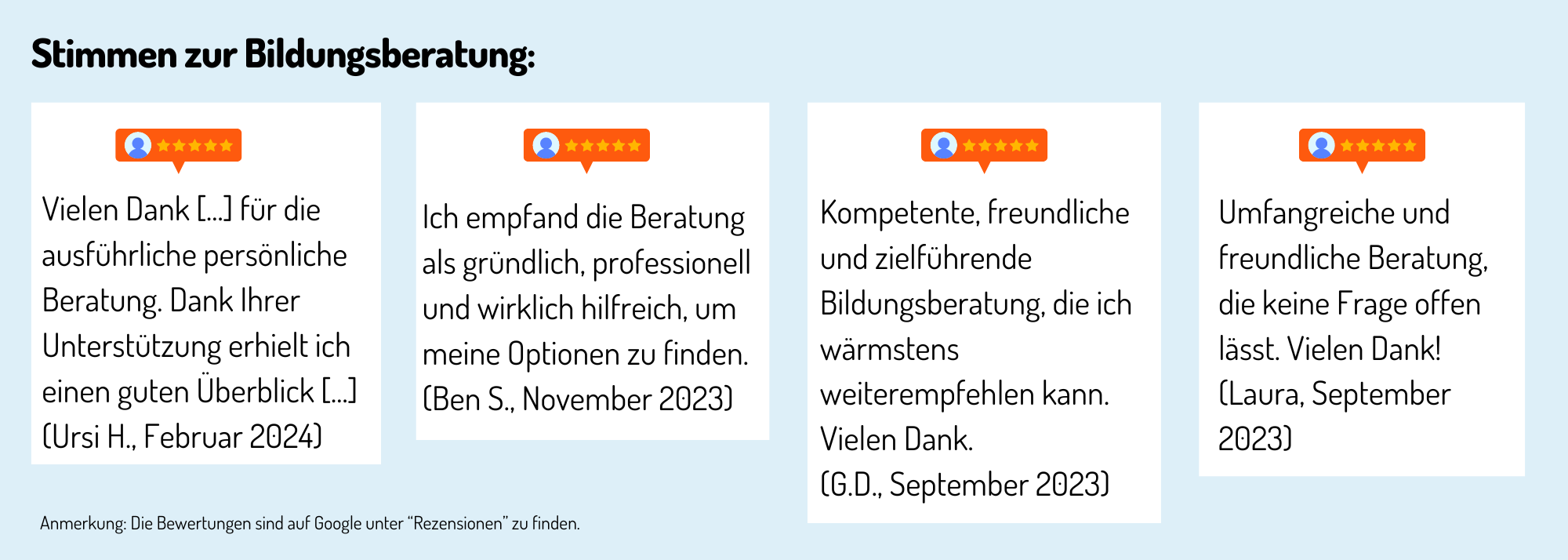Biomedical analyst: training, further education, overview of schools
Are you looking for biomedical analyst training? - Here you will find suitable schools as well as further information, tips and resources for further training.
Would you like to receive personalized advice on "Biomedical analysis"? Contact the provider of your choice via the "Free information on the topic..." button - without obligation, quickly and easily.
Biomedical analyst: key role in disease diagnosis
The professional activity of a biomedical analyst is associated with a great responsibility towards patients and doctors. These specialists analyze samples of tissue, cells and other body fluids in their medical laboratory on behalf of the prescribing doctor. They are supported by computerized measuring devices and modern precision equipment, but often also examine the samples manually and by hand. The results of an analysis are an important basis for treating physicians and specialists and enable a diagnosis and well-founded monitoring of treatments. They also form the basis for the prognosis and prevention of diseases.
Biomedical analysts often have to deliver accurate and precise work under time pressure, for example in emergencies. While working in biomedical analysis, you come into contact with a wide range of medical disciplines, such as haematology, immunohaematology, clinical chemistry and immunology, microbiology and molecular biology.
The full-time course at the higher technical college lasts three years and is offered at several locations in Switzerland. To be admitted to this course, you must have a three-year basic education, a high school diploma or comparable qualification, a good knowledge of chemistry, mathematics, physics and biology, and pass the aptitude test.
Are you very interested in this varied and responsible profession and would you like more detailed information about the job itself or about training as a biomedical analyst? Are you preferably an EFZ laboratory technician specializing in biology or chemistry, an EFZ pharmaceutical assistant, an EFZ specialist or an EFZ medical practice assistant? Then this further training course could be ideal for you? You can find renowned training providers on Ausbildung-Weiterbildung.ch. Order free and non-binding information documents on the training courses directly from the training providers online.
Questions and answers
Erfahrungen, Bewertungen und Meinungen zur Ausbildung / Weiterbildung
Haven't found the right training or further education yet? Benefit from educational advice now!
Further training is not only important in order to maintain or increase professional attractiveness, investing in training or further training is still the most efficient way to increase the chances of a pay rise.
The Swiss education system offers a wide range of individual training and further education opportunities - depending on your personal level of education, professional experience and educational goals.
Choosing the right educational offer is not easy for many prospective students.
Which training and further education is the right one for my path?
Our education advisory team will guide you through the "education jungle", providing specific input and relevant background information to help you choose the right offer.
Your advantages:
You will receive
- Suggestions for suitable courses, seminars or training programs based on the information you provide in the questionnaire
- An overview of the different levels and types of education
- Information about the Swiss education system
We offer our educational counseling in the following languages on request: French, Italian, English
Register now and concretize your training plans.




